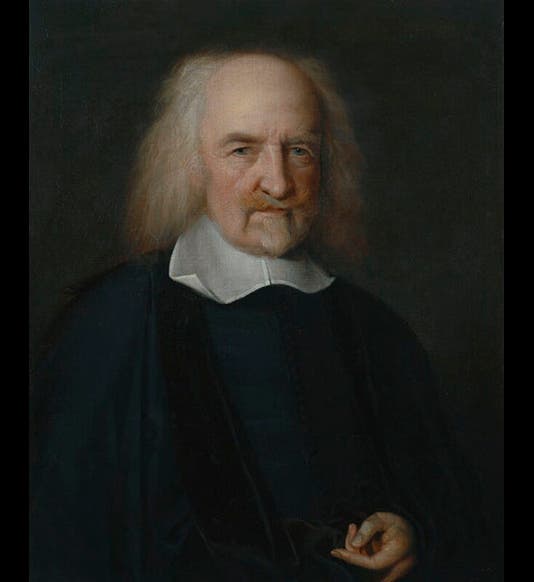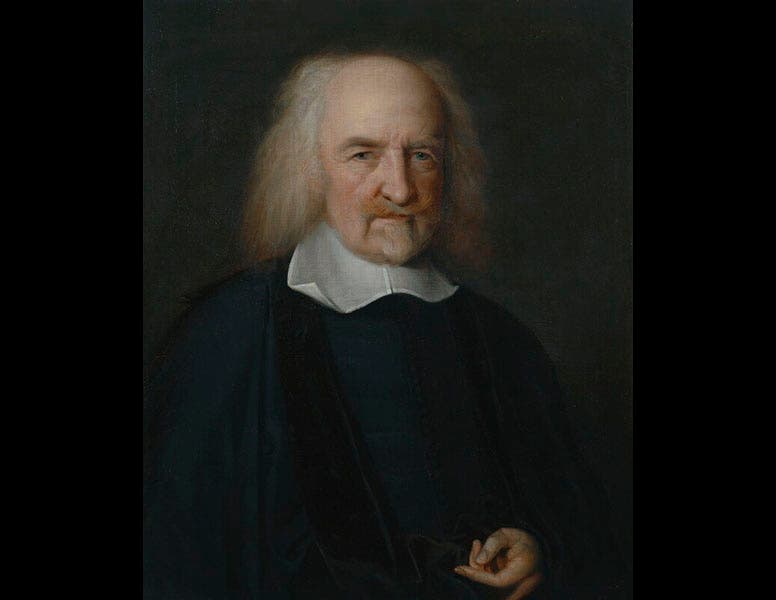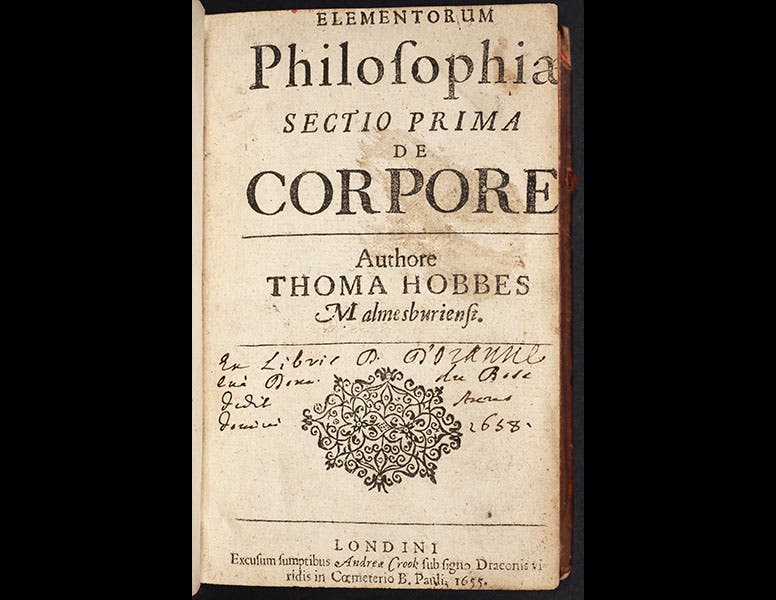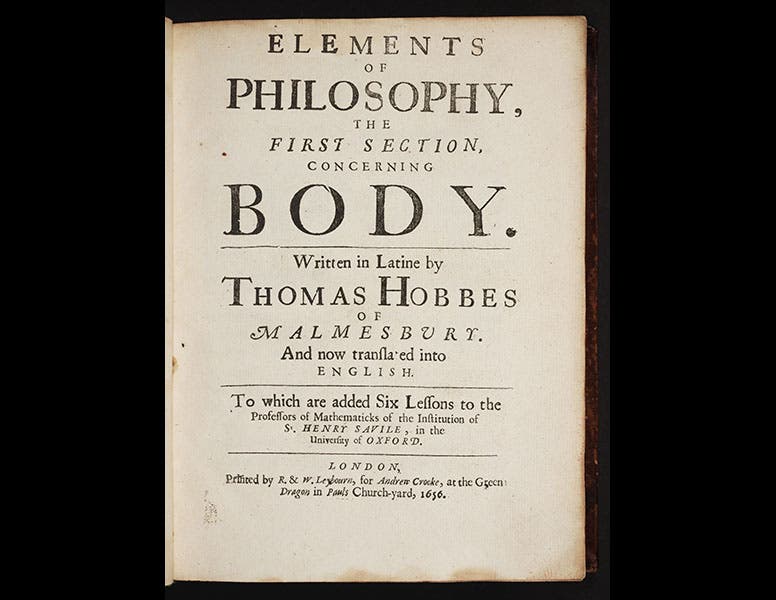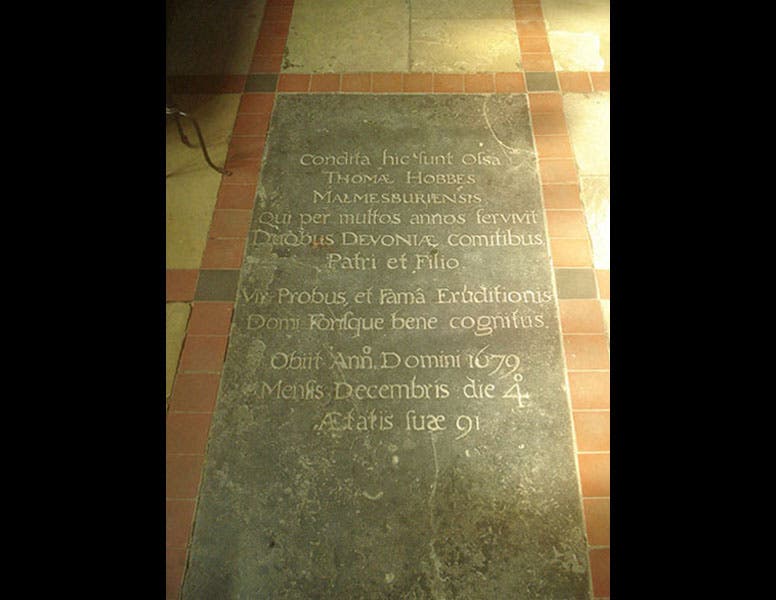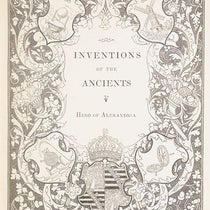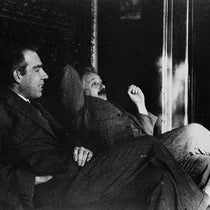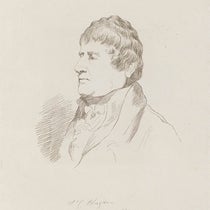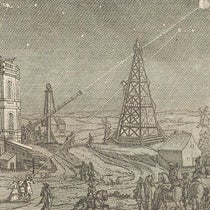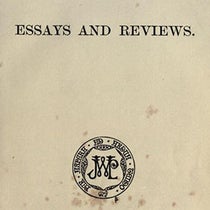Scientist of the Day - Thomas Hobbes
Thomas Hobbes, an English philosopher, was born Apr. 5, 1588. Hobbes is best known for his political manifesto, Leviathan (1651), which presented an examination of human society and its relation to the individual, and which contains the rosy sentiment that, in a state of nature (i.e, without a government): “The life of man [!is!] solitary, poor, nasty, brutish, and short.” The title page of Leviathan also presents one of the greatest images ever of the Body Politic (detail, second image).
But Hobbes was also an influential natural philosopher. In his youth, he served as secretary for Francis Bacon, after Bacon had been disgraced and was working on his Instauratio Magna, his attempt to reform the practice of science. During the difficult period in England in the 1640s, when King and parliament were feuding, Hobbes spent a great deal of time in France in the company of René Descartes, Marin Mersenne, and Pierre Gassendi. On his return to England, he published Leviathan, and shortly thereafter, De corpore (On Body, 1655), which offered up a thoroughly mechanistic and nearly Godless view of the universe. When a group of natural philosophers formed the Royal Society in 1660, Hobbes immediately got on their wrong side by attacking Robert Boyle’s treatise on the air pump (Hobbes thought a vacuum was philosophically impossible). Because of all this, Hobbes was never invited to be a Fellow of the Society, and this at a time when the Royal Society welcomed nearly anyone who was willing to pay their dues.
Hobbes lived to the grand old age of 91, and seemed to delight in his notoriety, until a stroke cut him down. He was buried in St John the Baptist’s Church, Ault Hucknall, in Derbyshire (fifth image). We have his De corpore in our History of Science Collection (third image), as well as a 1656 English translation of the work (fourth image). A splendid portrait by John Michael Wright hangs in the National Portrait Gallery in London (first image).
Dr. William B. Ashworth, Jr., Consultant for the History of Science, Linda Hall Library and Associate Professor, Department of History, University of Missouri-Kansas City. Comments or corrections are welcome; please direct to ashworthw@umkc.edu.

